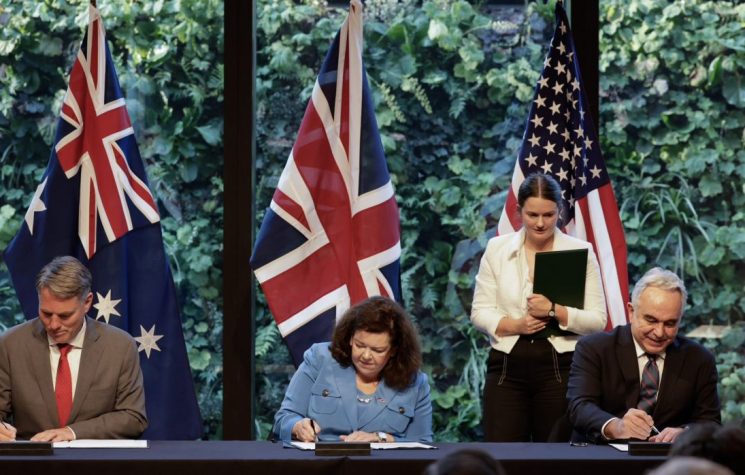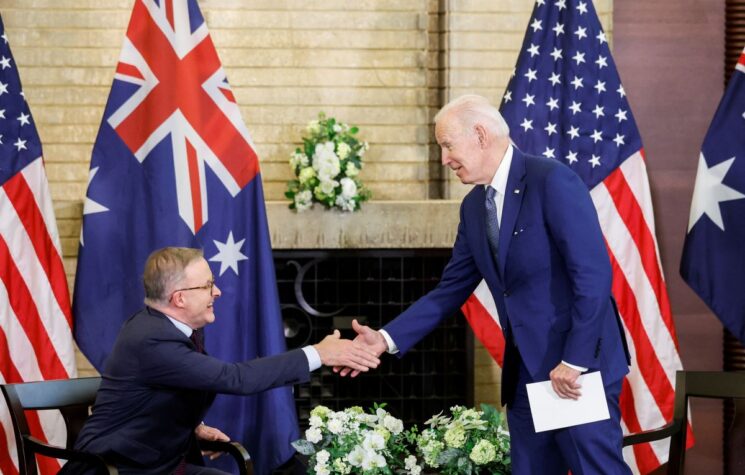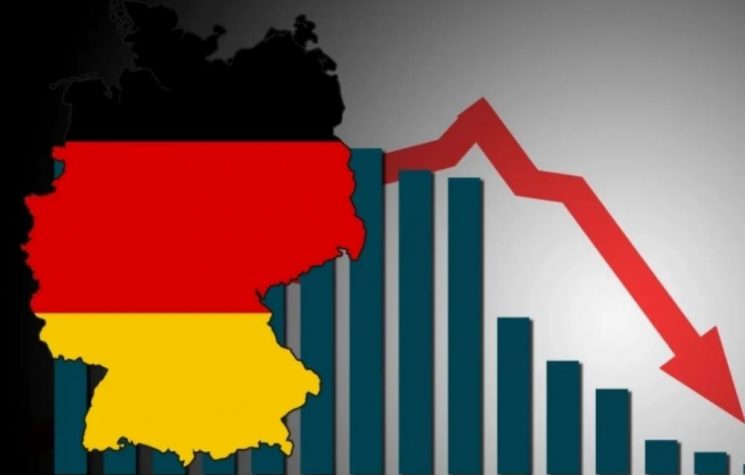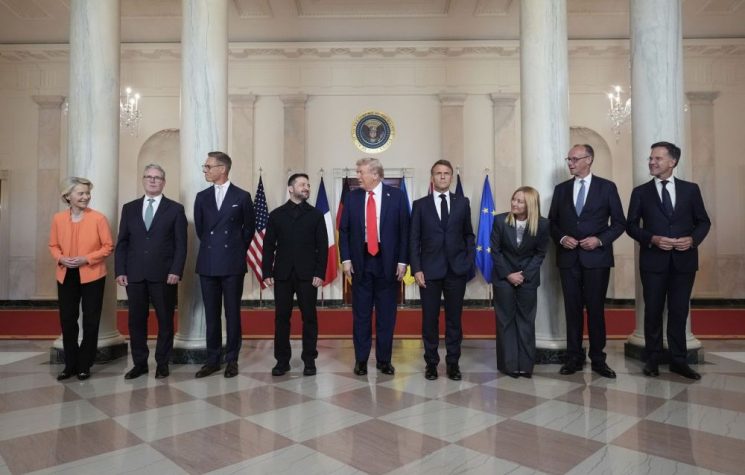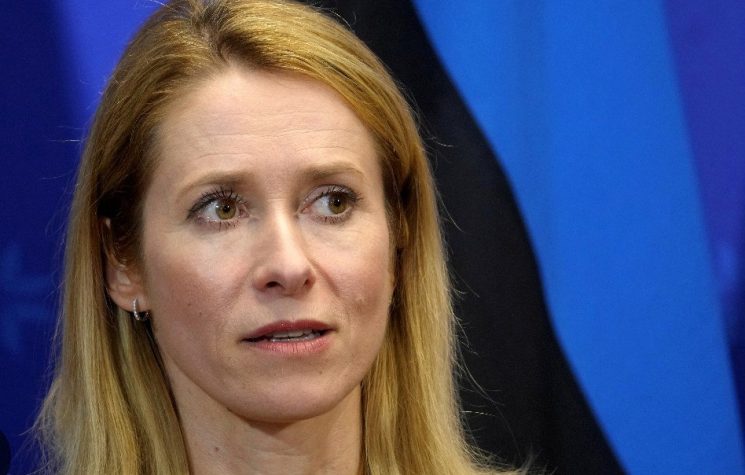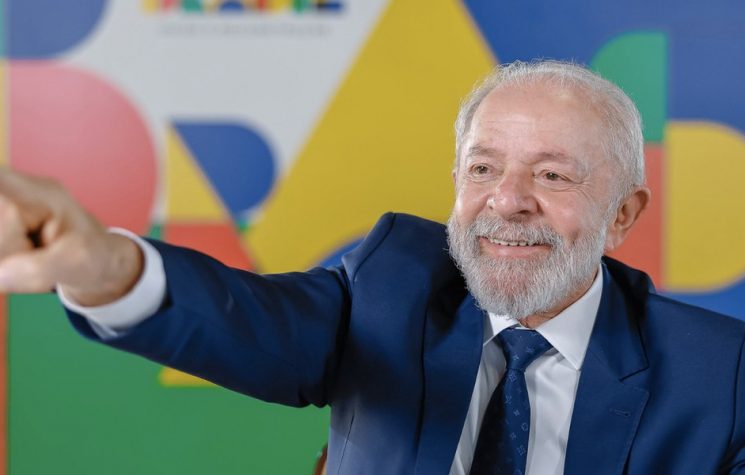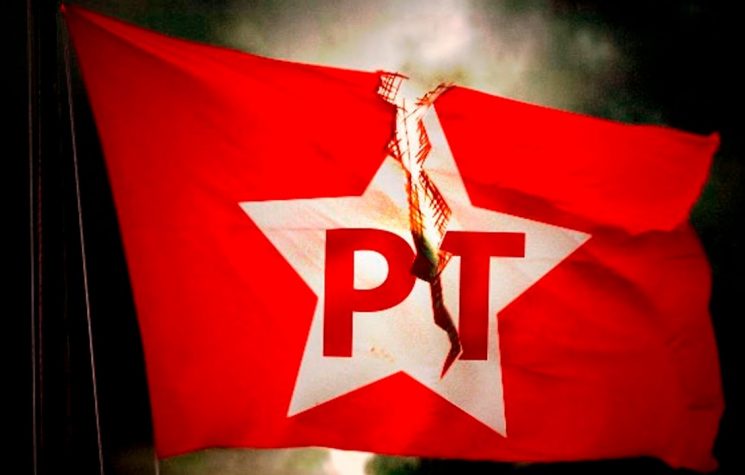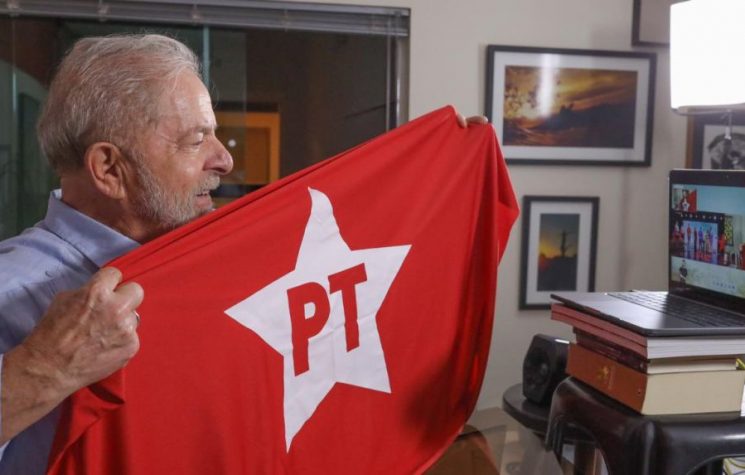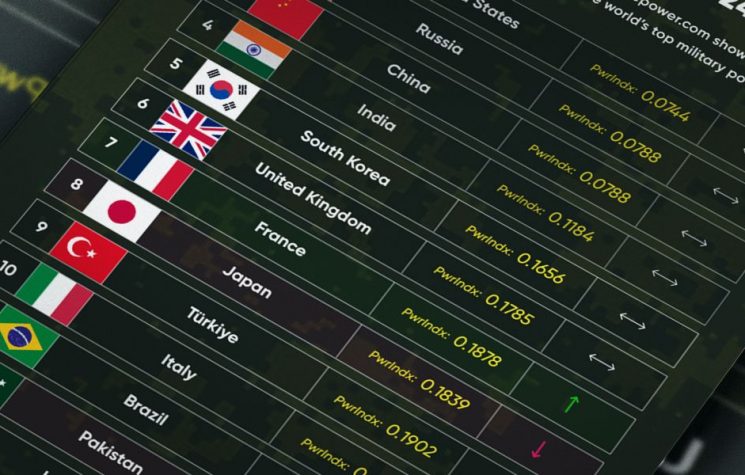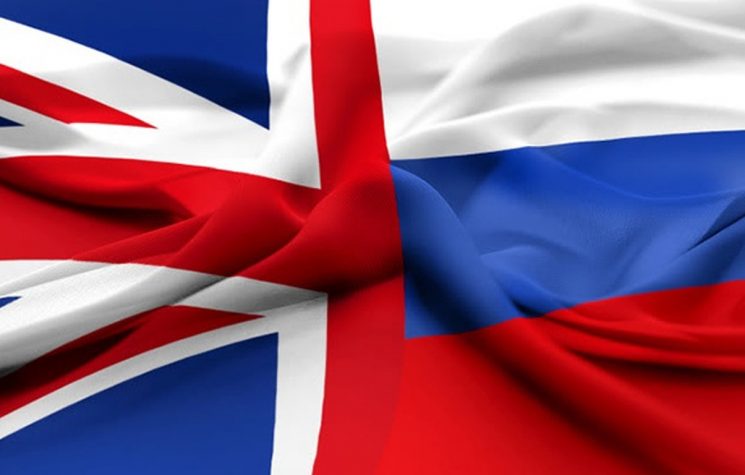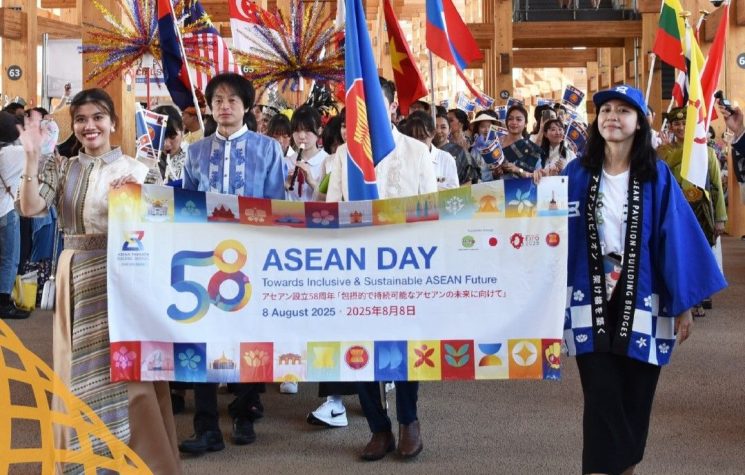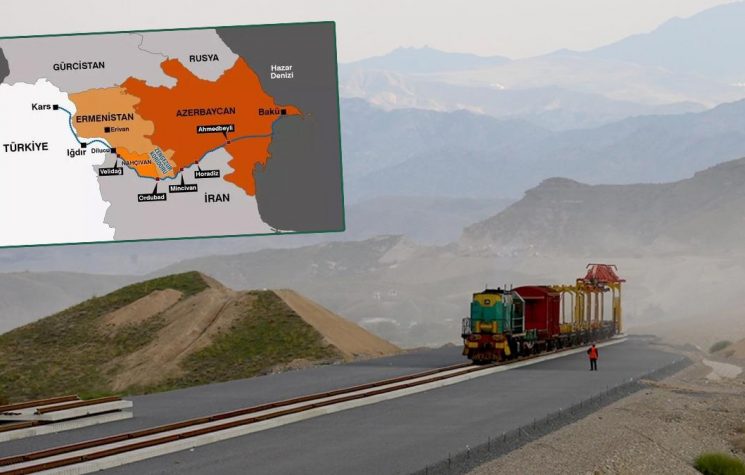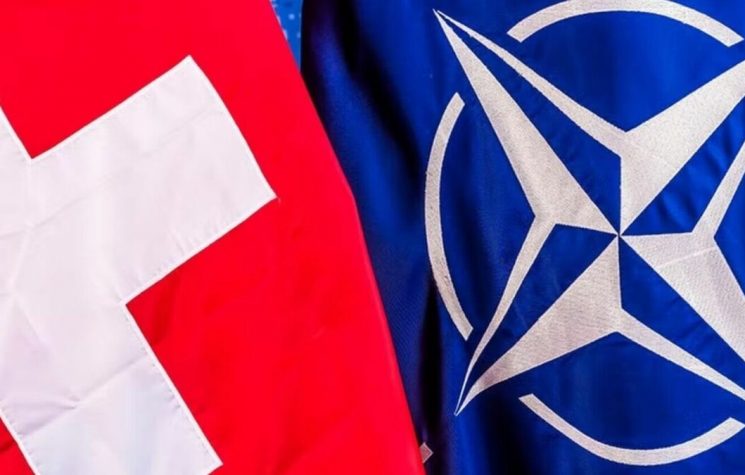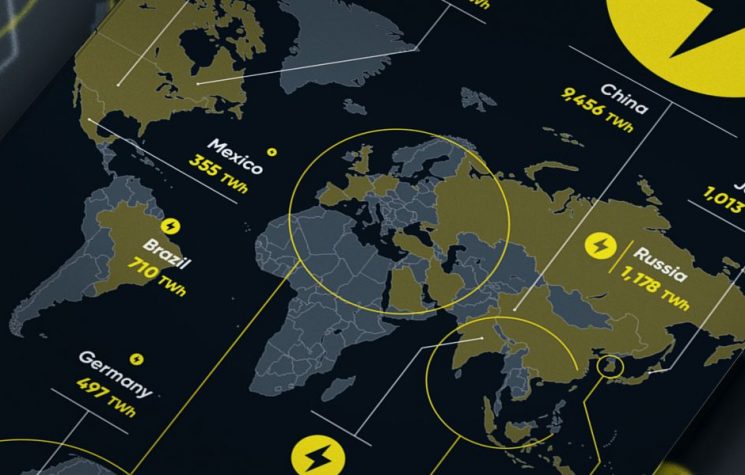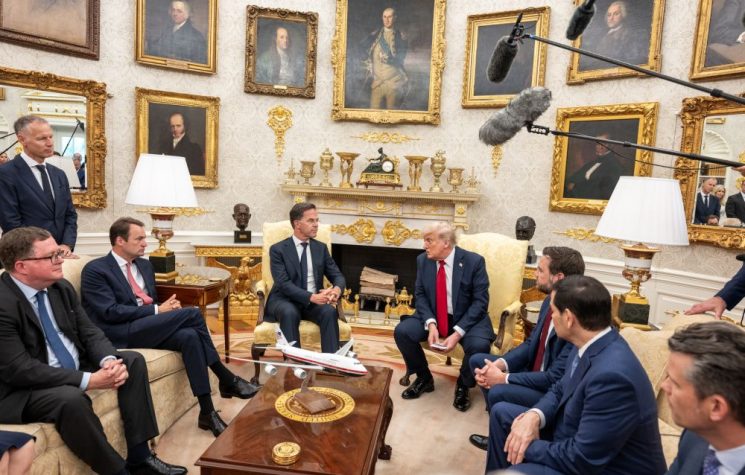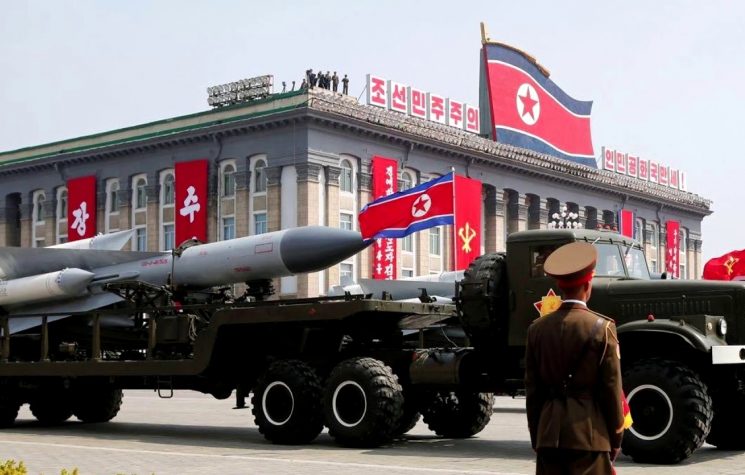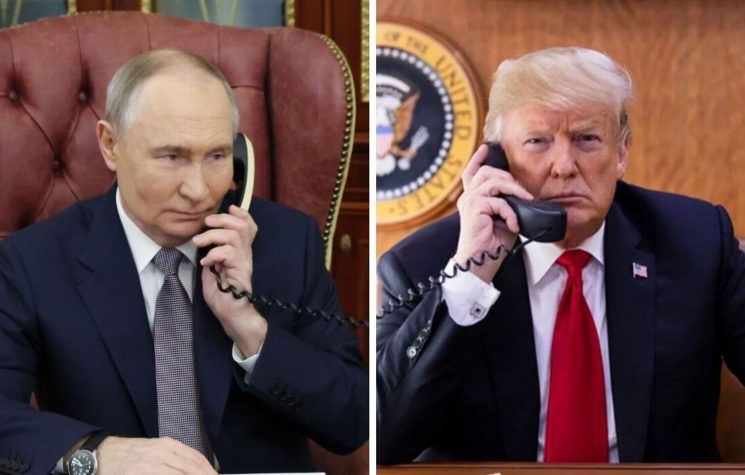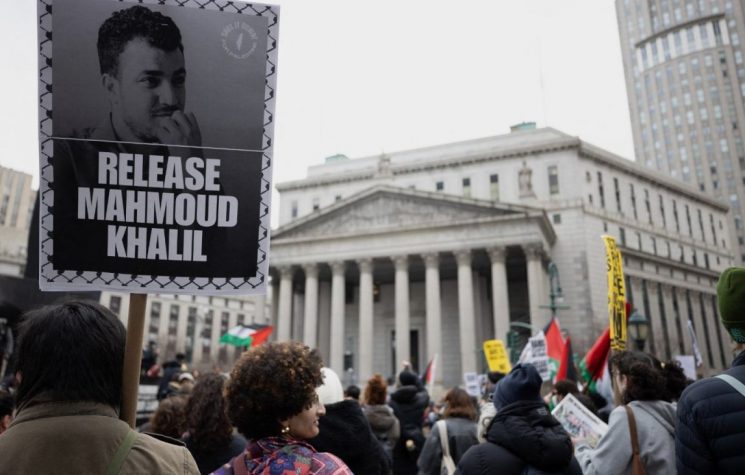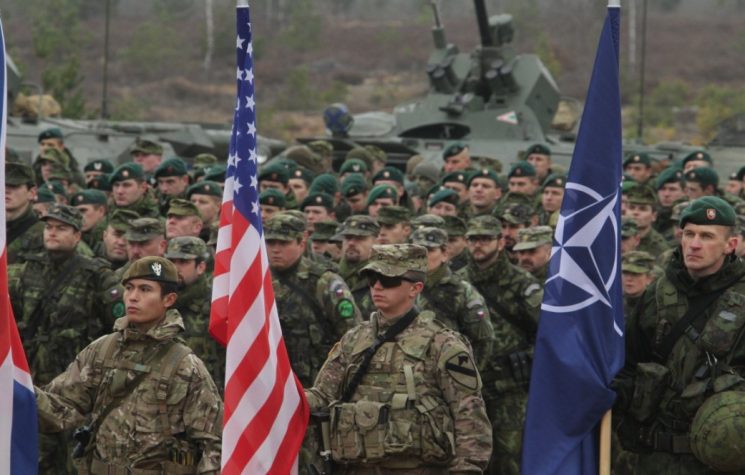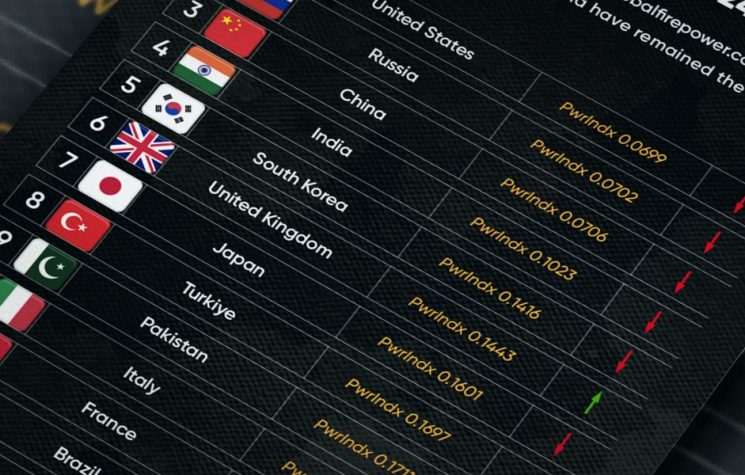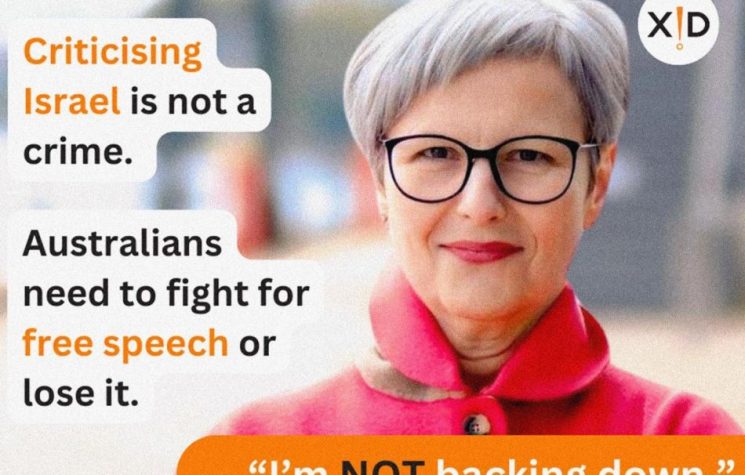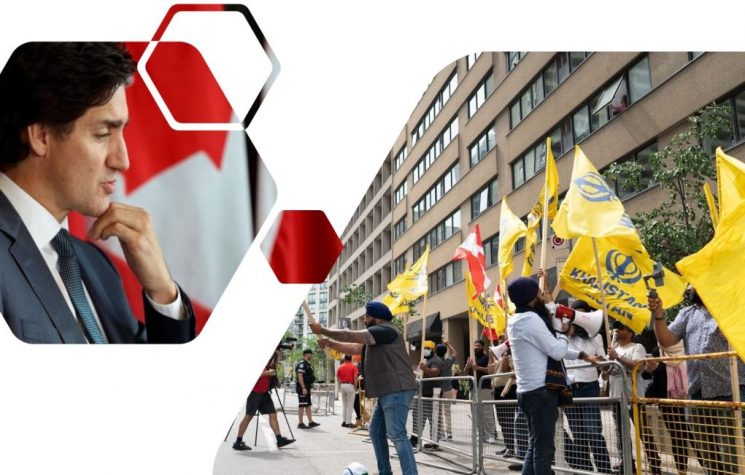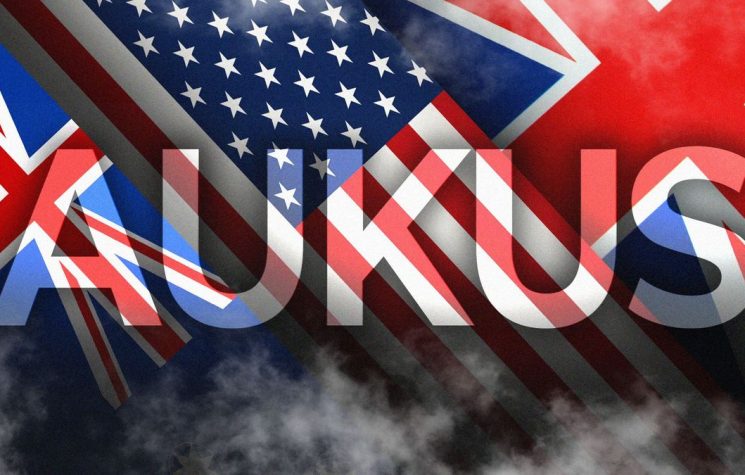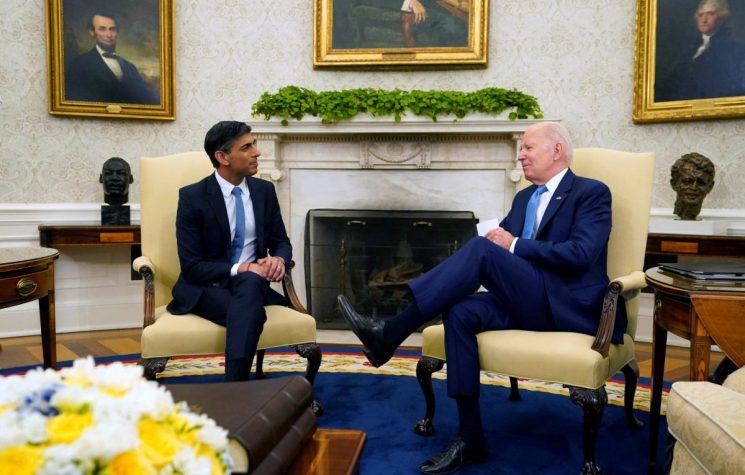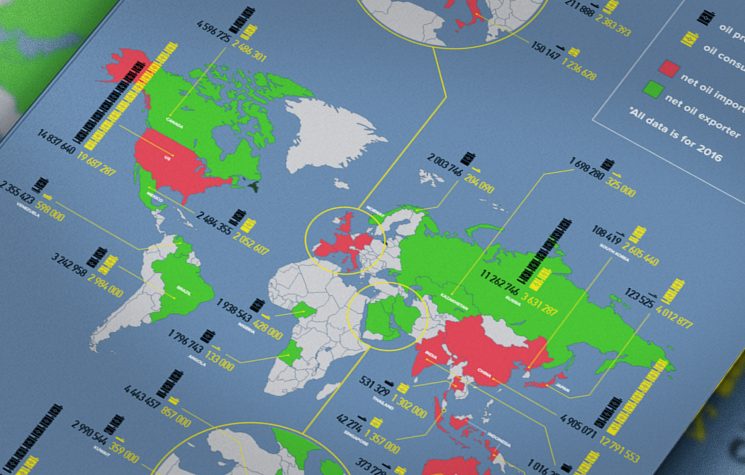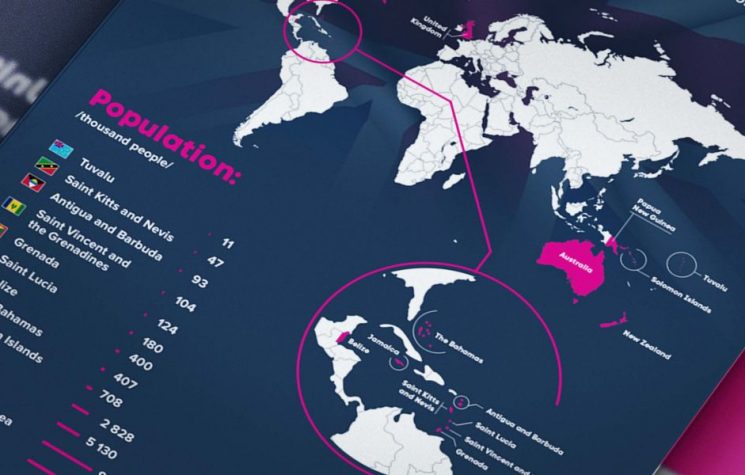Matt Robson served as a Cabinet minister in the Labour government from 1999 to 2002 during which time he strongly advocated for the country to follow an independent foreign policy and non-alignment with any military blocs.
Former New Zealand government minister Matt Robson tells Strategic Culture Foundation that his country is being swept along by anti-Russia and anti-China hysteria. He condemns the political establishment in Wellington for kowtowing to the U.S.-led NATO alliance for self-serving reasons that are not disclosed to the public nor would be supported by the public. Indeed, similar to Australia and the European Union, the political elite is jeopardizing public interest and international peace by pushing a policy that is seeking Cold War-style polarization and confrontation. He warns that this policy is being pursued without any public discussion or democratic accountability. He predicts a public backlash to the secretive manoeuvres of the political establishment, policies that are stoking dangerous geopolitical tensions with China and Russia and eroding socio-economic development.
Matt Robson is a barrister based in New Zealand who was formerly an elected Member of Parliament. He served as a Cabinet minister in the Labour government from 1999 to 2002 during which time he strongly advocated for the country to follow an independent foreign policy and non-alignment with any military blocs. Recently, Robson has been outspoken in his criticism of what he views as Wellington’s increasing subordination to the U.S.-led NATO alliance in regard to the conflict over Ukraine.

Interview
Question: Are you concerned by New Zealand’s increasing drift towards supporting the United States-led NATO nuclear-armed coalition?
Matt Robson: I am concerned that New Zealand Labour has abandoned the hard-fought-for anti-war position in Labour and in the population at large not to be in any nuclear-armed military bloc or indeed any military bloc
Question: As a member of the ruling Labour Party, do you think the current Prime Minister Jacinda Ardern and her Cabinet are embracing U.S.-led NATO policy in contravention of rank-and-file opinion?
Matt Robson: Neither the Labour membership, nor the caucus it seems, nor the general public has been able to have a discussion on these issues. The integration into NATO (New Zealand has signed military interoperability agreements and has published a 2021 Defence Paper premised on greater military spending to meet NATO demands) has proceeded in an atmosphere of hysteria and propaganda about aggressive Russia and aggressive China.
Question: New Zealand is of course a member of the U.S.-led Five Eyes intelligence network that also includes Britain, Australia and Canada. Nevertheless, New Zealand’s laws call for independence in foreign policy and non-alignment in nuclear military alliances. From what you have said publicly, the Ardern government is flagrantly undermining the country’s own legal position on foreign policy. Can a legal challenge be made in the courts? Would public opinion also be critical of the government’s position on embracing NATO?
Matt Robson: As a member of the Five Eyes since its inception during World War Two, first as part of UK membership and then later in our own right, New Zealand has played its assigned role of upholding U.S. and British interests in the world. New Zealand provided signal intelligence to bomb during the American War in Vietnam, information for the Indonesian military/CIA kill lists in Indonesia in 1965, information for Pinochet and the CIA in Chile, and so on, and has oversight of spying in the South Pacific. Only Wikileaks under Julian Assange has exposed this. It has been kept secret from the public. However, like the UK we do not have a written constitution and foreign policy largely remains a “Crown Prerogative” (yes, that is what we as a supposedly sovereign and democratic nation call the government!). So no legal challenge is possible. It has to be a political response. If the public is given the truth about NATO and that New Zealand is partnering with an organization that vehemently opposes the Treaty on the Prohibition of Nuclear Weapons then I believe all hell will break loose at the betrayal of New Zealand’s non-nuclear weapon policy and legislation which the public and Labour Party members hold dear.
Question: You have been outspoken in criticizing the seeming lack of awareness or understanding in New Zealand’s government about how NATO has created the conditions for conflict in Ukraine. Ardern’s government has offered support for the U.S.-led policy on Ukraine in confronting Russia. You have condemned this “rush to war”. How do you account for the dangerous deference by Wellington toward Washington?
Matt Robson: New Zealand’s top state servants, particularly in Foreign Affairs and Defence and the Military/Intelligence has long-campaigned to end the move towards an independent foreign policy free of the tradition of “where the USA or the UK go so goes New Zealand”. Even when the United States cut New Zealand loose from the ANZUS military pact formed in 1951 along with Australia and declared that New Zealand would not get intelligence, nonetheless close ties were kept with these officials and Military and Intelligence officials. New Zealand under both Conservative and Labour governments has rushed back into the military and political alliance with the USA. The long war in Afghanistan was the pretext. Only the refusal to go to the war in Iraq saved a modicum of independence.
New Zealand Labour was initially nervous about following the U.S./NATO encirclement policy on China which is one of the biggest trading partners. But both pressure from the U.S. (“you have to choose sides!”) and the inducement of a free-trade agreement and other economic prizes are overcoming that reluctance and now New Zealand is fully involved in such NATO led-military exercises as RIMPAC (off the coast of China) and beating the “China danger” drum. Not a word is said about the U.S. dominance in the Pacific and the return of UK warships along with those of France. How to account for it? The easiest way for readers in Europe to understand is to say that New Zealand Labour is not Jeremy Corbyn’s Labour but Keir Starmer’s Labour. It is embarrassing to hear the mindless mantra of the Labour government ministers that we have “shared democratic values” with the USA and the UK. Historical amnesia reigns.
Question: Do you assess that the NATO conflict with Russia over Ukraine is part of a wider U.S.-led confrontation with China for global hegemony?
Matt Robson: I do. And that comes from the public record on NATO and U.S. policies.
Question: When neighbouring Australia formed the AUKUS military pact last year with the United States and Britain, the New Zealand government appeared to voice concerns over the militarization of the Asia-Pacific region. Yet the Ardern government appears to continue to pander to U.S.-led encirclement of China. What explains this anomalous position?
New Zealand Labour has actually warmly welcomed what it terms the return of the USA to the Indo-Pacific region. It used to be the Asia-Pacific region! Informed commentators have stated that the USA never left but is ramping up its aggressive military presence in an arc from Japan through to Australia (with New Zealand tacked on) and through to Modi’s India. By the way, the repression of Modi’s India is never mentioned by the government or media, unlike constant attacks on “authoritarian” China. To answer the last part of your question, I refer to my answer to the previous question about establishment politics. And to add that New Zealand Labour accepts that its best course is to be a junior partner to the USA. PM Ardern insultingly and in a colonial manner referred to the sovereign state of the Solomon Island in its recent policing and security pact with China as being in “our backyard”. It also helps that New Zealand Labour politicians know that if they please the USA there are jobs on the well-paid international circuit after politics in New Zealand.
Question: New Zealand’s economy, like Australia’s, is strongly driven by trade with China. Why is the political class in New Zealand willing to jeopardize its own national development by damaging trade relations with China? Is it due to stupidity, political blackmail by Washington, or Sinophobia among the New Zealand political establishment?
Matt Robson: The political class and New Zealand’s one percent weigh up carefully what is in their best interests. There is division in business circles and some ministers (such as Trade and Agriculture Minister Damien O’Connor ) on the wisdom of cutting off China. But the position that is winning seems to be the opinion that it is best in a showdown to go with the USA as the most powerful economic and military actor. But at this stage, a significant sector of the business class is uncertain which way to jump. So much for principles!
Question: There seems to be a parallel with how the European Union is being misled by its political elite in relations with Russia. Would you agree?
Matt Robson: I do. And a great deal of hypocrisy is involved.
Question: This week sees a new government in Australia with the election of Labour Prime Minister Anthony Albanese. Do you see any fundamental change in Australia’s foreign policy leading to improved relations with China?
Matt Robson: Unfortunately, there are no signs of this. There are certainly openings for more progressive policies on the domestic front, particularly in relation to the climate emergency and indigenous rights, but the Australian Labour Party (ALP) is firmly wedded to the military alliance with the USA and, if anything, has been as vigorous in attacking China as its predecessor. The ALP looks nervously over its shoulder at how the U.S. undermined the reforming Whitlam government of 1972-75 for daring to question American bases in Australia and dependence on the U.S. It also knows that the U.S. recruited then union leader and later ALP PM Bob Hawke to act against Whitlam and bring him down. However, the left wing of Australian politics is energized with the eviction of the egregious Morrison government and so the quest for a more progressive foreign policy will be part of a large discussion in Labour, I am sure. So it will be a case of watching this space both in terms of Australia and New Zealand. When both countries joined the aggression against Vietnam and later East Timor, it took some time for the truth to emerge but it eventually did and the aggression against both countries came to be condemned by the population at large. I am hopeful that the lies being told in relation to NATO and the so-called aggression of Russia and China will be exposed for what they are and a more progressive and healthy political climate will emerge in both New Zealand and Australia.










